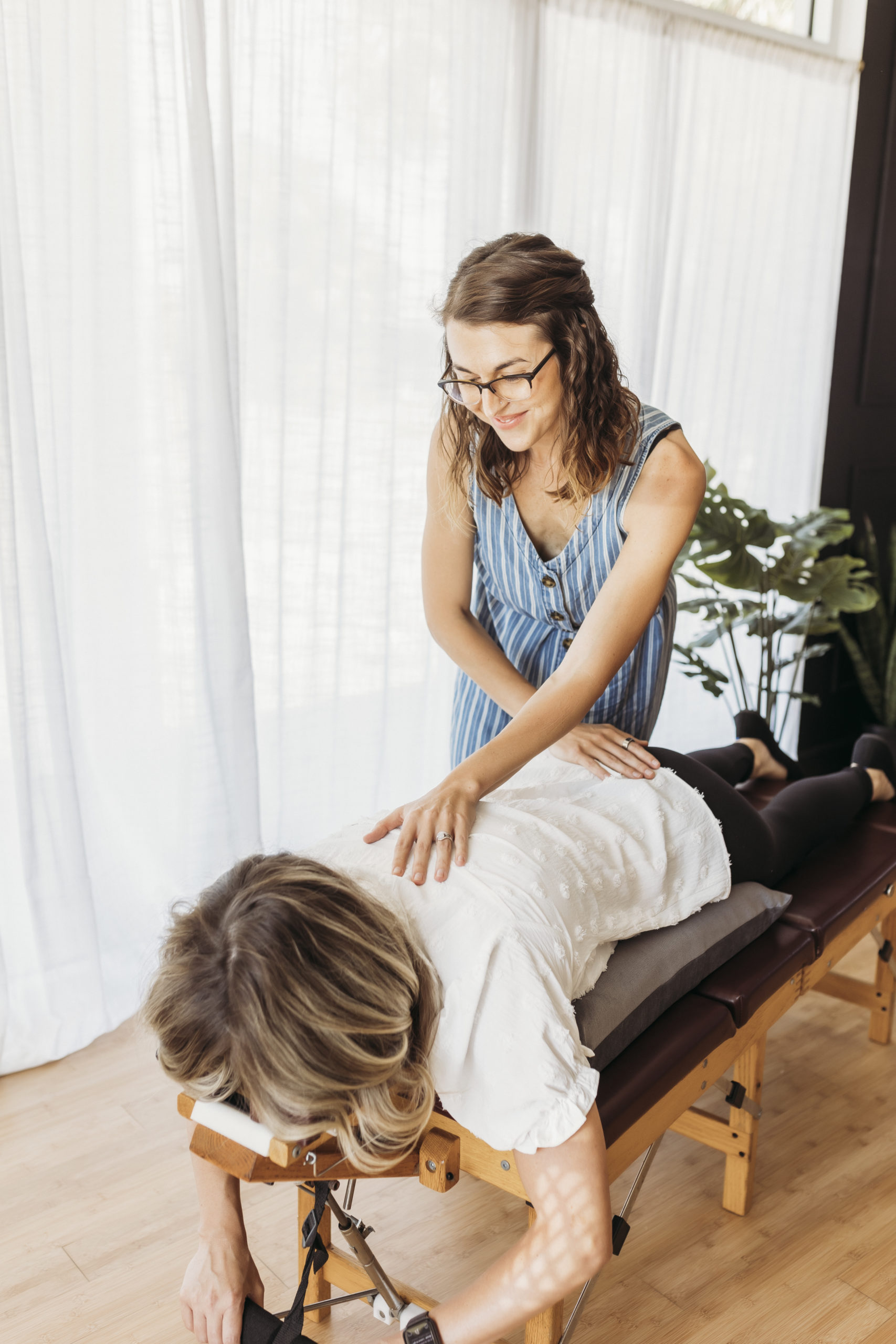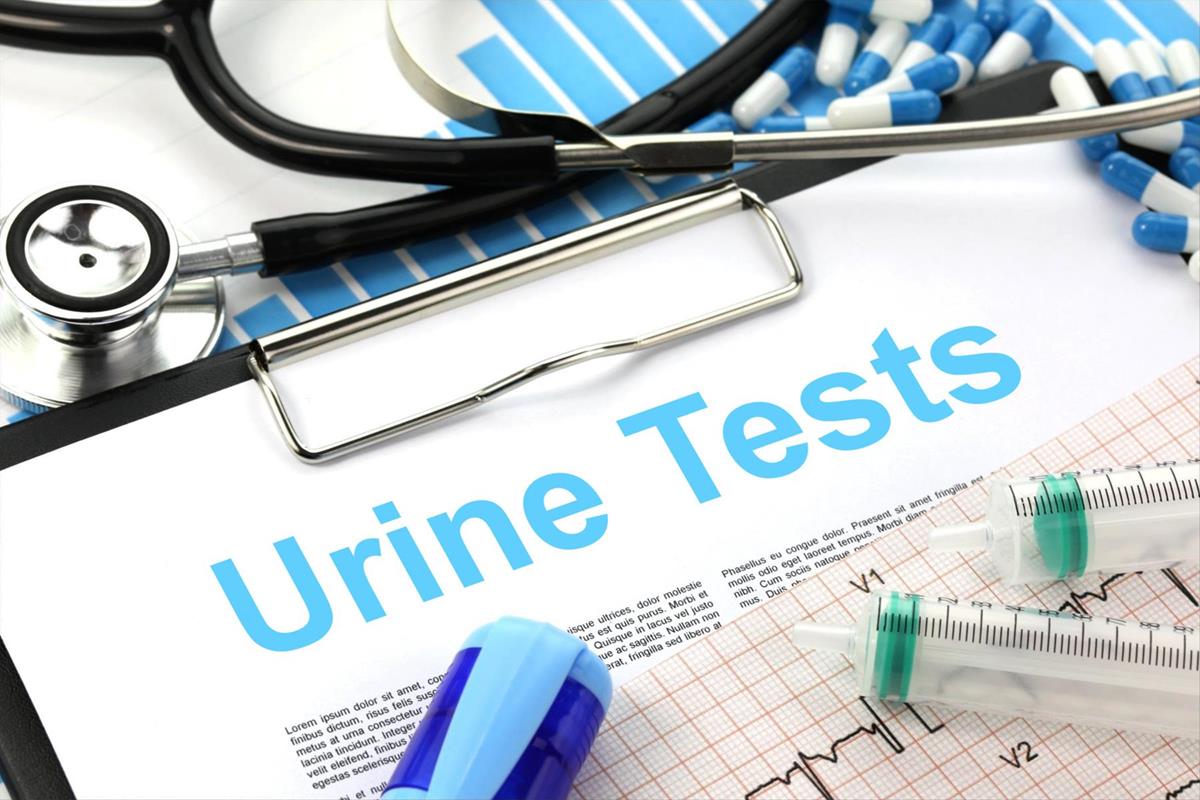
As a pregnancy chiropractor we see every day in our office that postpartum depression and anxiety remain a prominent concern for mothers that have recently given birth. With 1 in 7 women (and sometimes up to 1 in 5) suffering from postpartum depression, this is something that we see quite frequently in our office as a pregnancy chiropractor in Southwest Florida. While we recently compiled several postpartum depression statistics and have done many of our own studies as well as lengthy expert interviews surrounding postpartum depression, we really wanted to delve deeply into understanding what new moms can do to counteract the symptoms of postpartum depression.
Pregnancy Chiropractor Tip 1: Get moving.
The Research:
The link between the brain and body has long been studied by experts and more and more research suggests that there is a direct link between your physical health and depression and anxiety. Besides the basic understanding that exercise releases feel-good chemicals called endorphins. Any physical activity that gets your body moving is great for your mental health for this reason. According to the study Exercise for Mental Health by Sharma, Madaan and Petty:
“Aerobic exercises, including jogging, swimming, cycling, walking, gardening, and dancing, have been proved to reduce anxiety and depression.3 These improvements in mood are proposed to be caused by exercise-induced increase in blood circulation to the brain and by an influence on the hypothalamic-pituitary-adrenal (HPA) axis and, thus, on the physiologic reactivity to stress.3 This physiologic influence is probably mediated by the communication of the HPA axis with several regions of the brain, including the limbic system, which controls motivation and mood; the amygdala, which generates fear in response to stress; and the hippocampus, which plays an important part in memory formation as well as in mood and motivation.”
Why You Should Care:
Any action that reduces anxiety and depression symptoms is critical in the postpartum period. While the first 6 weeks are very limited for physical activity and it’s super critical to ensure that you allow your body to rest and heal, once you’ve been cleared for physical activity, exercise is everything to help improve your mood, blood circulation to the brain and how your body reacts to stress (like the stresses associated with no sleep and a fussy, gassy newborn).
Pregnancy Chiropractor Tip 2: Squat.
The Research:
We’re all about efficient movement here, and there’s emerging preliminary research showing that lower body muscles are particularly important for nerve stem cells in the subventricular region of the brain, which is the area of the brain that gives rise to new, healthy nerves to carry out brain function. The nerves supporting these cells to keep them healthy also decreased in number. The article, outlining why squats might be the best exercise for the health of your brain, continues to discuss the study completed on mice, concluding, “the support center of the brain where new nerves are born was stymied by the lack of hind leg use. [This] shows how important exercising the lower body is for brain health. When animals and humans work their legs against resistance, they signal cells in the sub-ventricular portion fo the brain to make new nerve cells. These nerve cells are designed to support brain health. Lack of lower body exercise has the opposite effect; it turns off this much-needed function and brain health suffers.”
The many benefits of squats go far beyond brain function, so rest assured that you’re going to see a lot of other good things when you integrate squatting into your movement routine.
Why You Should Care:
Brain fog is one of the symptoms associated with postpartum depression and we already identified above the direct correlation between brain function and squatting. Even sustained lower body exercise like running, jumping, and walking stimulates the release of brain chemicals that help the brain sprout nerve sells in other regions. It can even have longer term impacts for those with a family history of dementia or alzeimers disease.
Check out this video for proper squat form from Doc:
(Make sure to subscript to our YouTube for more valuable expertise)
Pregnancy Chiropractor Tip 3: Massage & Chiropractic
The Research:
We already identified that 40% of our patients surveyed that were suffering from postpartum depression saw a decrease in symptoms after 90 days of chiropractic care, but there’s a defined link between depression and chronic pain as well. The study published in the National Library of Medicine on PubMed, concluded that: “Pain and depression are closely correlated from the perspectives of both brain regions and the neurological function system, whereby chronic pain may lead to depression. One of the important causes for chronic pain leading to depression appears to be the crucial effect of common neuroplasiticty changes on the occurrence and development of pain and depression.”
Knowing that chronic pain can be correlated with depression, alleviating or identifying the sources of that pain needs to be a priority. This is where massage and chiropractic can improve your quality of life:
When it comes to massage, we found another great study from the National Library of Medicine on PubMed that outlines the impact of massage on hypothalamic-pituitary-adrenal axis and neurohormones (decrease in adrenal activation, increase in oxytocin levels), immune system (decrease in inflammatory response as well as modulations of aspects of immune system), depression and depressive symptoms (massage may be beneficial for depressed patients interested in massage), anxiety disorders and symptoms (massage may be beneficial intervention for decreasing anxiety symptoms).
Knowing the link of the brain between depression and anxiety, we found a case study in the National Library of Medicine on PubMed exploring the long-term relief from tension-type headache and major depression following chiropractic treatment. The subject reported long-term relief from chronic headache and improvement in depression with chiropractic in a school teacher. The documentation supports our own continued reports of improved indicators associated with stress, depression and anxiety in our patient surveys.
Why You Should Care:
We tout self care on an ongoing basis, yet week after week we see our tired moms that aren’t prioritizing their own self care. A massage and chiropractic care can go a long way for those battling postpartum depression and anxiety – and the research backs it.
The evidence is clear. Physical wellness when it comes to exercise, massage and even chiropractic help with the symptoms associated with anxiety and depression by boosting brain health. It all comes back to the old airplane adage – put on your own oxygen mask before you assist your child with theirs. In order to be the best parent that you can possibly be, you absolutely MUST care for yourself. If you’re struggling with symptoms of postpartum depression or postpartum anxiety, make sure to be as proactive as possible and inform your doctor or loved ones so that you can find support.
Mama’s Chiropractic is a Southwest Florida Pregnancy Chiropractor that also specializes in postpartum chiropractic. A large percentage of postpartum moms experiencing






